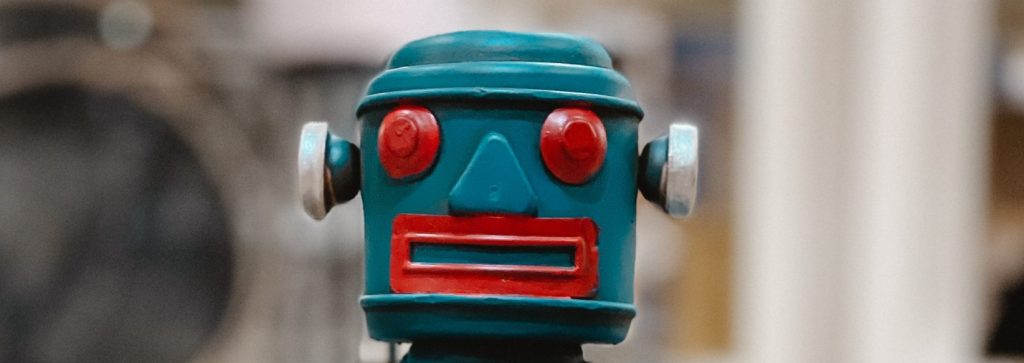Stewart, Sophia. “Beware the ‘Storification’ of the Internet.” The Atlantic, 17 Nov. 2022.
I really appreciated Sophia Stewart’s review of Peter Brook’s Seduced by Story: The Use and Abuse of Narrative, as it’s probably a book I would pick up and read as supplementary to my exam readings in rhetoric. I especially appreciated the shortcomings she outlined and wanted to share my own thoughts on her review. I am thinking of making this a regular thing.
Also, I think anyone doing rhetorical commentary has to do more than mention the Internet. It is the driver of discourse in a number of ways, particularly in what media outlets choose to cover. The average person may not be on Twitter or TikTok, but they’ll hear/read about it over their morning coffee.
"There is a growing trend in American culture of what the literary theorist Peter Brooks calls “storification.” Since the turn of the millennium, he argues in his new book, Seduced by Story: The Use and Abuse of Narrative, we’ve relied too heavily on storytelling conventions to understand the world around us, which has resulted in a “narrative takeover of reality” that affects nearly every form of communication—including the way doctors interact with patients, how financial reports are written, and the branding that corporations use to present themselves to consumers. Meanwhile, other modes of expression, interpretation, and comprehension, such as analysis and argument, have fallen to the wayside."
On the surface, what Brooks seems to be asserting is bull. All things are stories. The things listed here are parts of narratives and this is just some tiresome way of saying personal ≠ rational.
"The danger of this arises when the public fails to understand that many of these stories are constructed through deliberate choices and omissions."
So, like, what the humanities provide? The thing we’re defunding?
"In other words, we could all benefit from a lesson in close reading and a dose of skepticism."
Interpretation is deliberate choices and omissions!
"In times of turmoil, we search most desperately for the familiar hallmarks of storytelling: clearly defined heroes and villains, motives, and stakes."
This will never really change, it is part of the human existence. What we have to do is not rely on a single story – but a breadth of voices to give a full picture.
"His sole mentions of the internet—vague acknowledgments that “Twitter and the meme dominate the presentation of reality” and that ours is an “era of fake news and Facebook”—fail to grasp that on the internet especially, more attentive, analytical reading is essential."
His observation is based on the story of the Internet woven by outdated media institutions.
"But it also provides language for hard-to-articulate feelings: In another video, a forlorn teen stares into the camera above the text, 'i know i’m a side character, i have no purpose except to sit and wait for my next scene.'"
People who have grown up in front of the DVD player, with videos streaming on tablets at their youngest age, whose adolescence is framed through a Snapchat filter will invariably describe their lives in the vocabulary of the mediums they use. Every generation does this.
"As narrators of our own lives, Brooks writes, 'we must recognize the inadequacy of our narratives to solve our own and [others’] problems.' Pulling from Freudian psychoanalysis, Brooks concludes that telling stories should be a tool we use to understand ourselves better rather than a goal in and of itself."
Adriana Cavarero talks about how we are not the ultimate authors of our lives, it’s those we know who tell our “true” story – I am slowly becoming convinced of the realness of this message (though I am resistant.) The Internet accelerates the dispersion of our story, but ultimately is not the final editor. Our stories are told over and over, in various way, through various mediums and with various intent.
"Although Brooks briefly worries about 'inflated claims about [narrative’s] capacity to solve all personal and social issues' in the first chapter, it never comes up again in the many rich and rigorous close readings that follow."
Sometimes narrative’s role is just to show that those personal and social issues exist.
Perhaps I should have organized this as more of a narrative, but I labeled this as an annotation so there wouldn’t be an expectation of me spinning a story.

